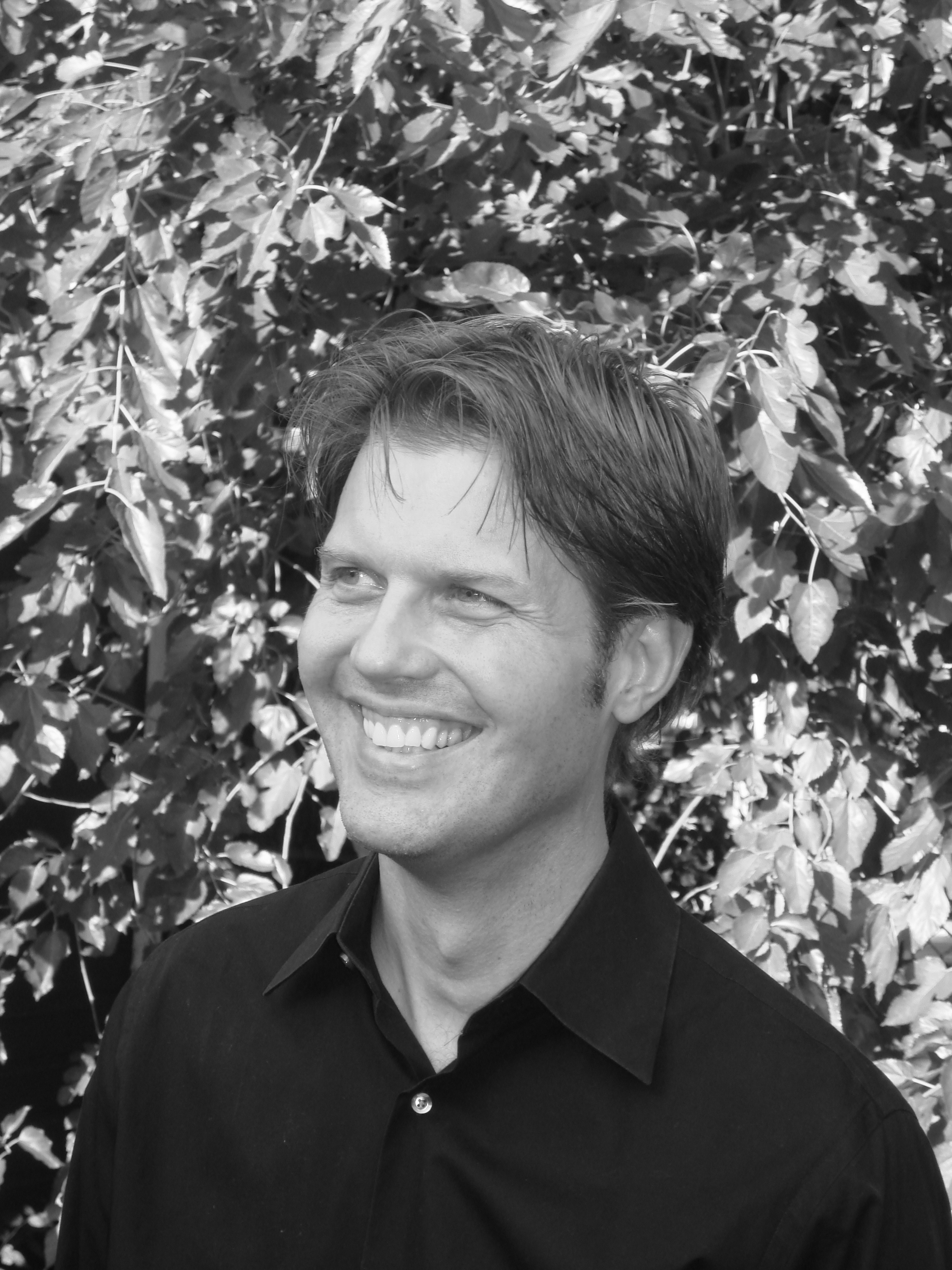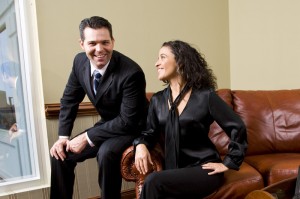 When it comes to parenting and family relationships, particularly during the tween and teen years, Clinical Psychologist Dr. John Duffy has become the go-to expert. Not only does he have a thriving private practice in the Chicago area, he also published a book last year called The Available Parent: Radical Optimism for Raising Teens and Tweens (2011), and blogs regularly for The Huffington Post on relationship topics.
When it comes to parenting and family relationships, particularly during the tween and teen years, Clinical Psychologist Dr. John Duffy has become the go-to expert. Not only does he have a thriving private practice in the Chicago area, he also published a book last year called The Available Parent: Radical Optimism for Raising Teens and Tweens (2011), and blogs regularly for The Huffington Post on relationship topics.
Learn more about how Dr. Duffy parenting niche found him, how he manages the stress of being "the boss" and how he's built a thriving private practice.
Why did you decide to open a private practice?
From the day I began grad school, I knew I wanted a private practice. To be honest, it started much earlier as I idealized characters played by Bob Newhart and Judd Nelson. Later, I realized it was the model I could thrive in. I had spent many years in a VERY corporate environment working for other people, and I knew I wanted to work for myself.
Clients that therapists find to be the most "difficult" are sometimes the ones who can teach them the most. What have you learned from your toughest clients?
I’ve learned patience, empathy, and compassion form my toughest clients. I’ve also learned that, once you familiarize yourself with another person’s back-story, it becomes very difficult to demonize them, and much easier to relate to them. I frequently tap this skill in my private life as well.
What's your biggest pet peeve about private practice?
I miss the camaraderie and dynamics of a group. I have a number of friends in group practice, and I find the idea of a staff meeting to hold some appeal on occasion.
How did you discover or develop your practice "niche"?
My niche actually discovered me. As I began my practice, I became friendly with a number of social workers at area high schools. Teens, tweens and parents became my demographic, and I’m so grateful to discover that I have a great deal of passion for working with families. I’ve been lucky enough to have a waiting list for the past several years.
What resource (book, website, person) helped you the most when setting up your private private?
I learned most from colleagues already in practice, willing to share their stories and struggles. I’m very lucky to have had their help early on.
What has surprised you most about being in private practice?
I’m most surprised by the opportunity that private practice presents. Not only do I see about 40 clinical clients a week, but I do a great deal of public speaking, mostly to parents, I published my first book this year, I’ve done TV, radio, print and other media, and blog on the Huffington Post. None of this would have been possible is I did not have the experience of my practice to rely on.
Has your private practice helped you grow professionally? How so?
Along with the above, I’ve learned more about how to live life from my clients than almost anyone else in my life. I’ll never forget the young man who decided to write the “better story” every day of his life. I think about that mantra most every day.
Has it helped you grow personally, too? How so?
I live that advice, and being in practice also keeps me far more aware of the ways in which I choose to live my life, and when my choices are maladaptive. Hopefully, I have pretty good advice for myself on how to implement change!
Being a therapist can be emotionally exhausting. What do you do to care for your own emotional and psychological health?
I work out regularly. I consult with a few close colleagues. I stop for a while to strum my guitar. And I laugh with my family, every day.
How do you cope with the inevitable stressors involved with being your own boss?
I remind myself of the freedom my practice affords me. I make my own schedule. I work hard Monday through Thursday, protecting Fridays for writing and other activities. I limit the amount of paperwork I do, as best I can. I stay organized as well. My iPhone is my virtual office.
What personal strengths have helped you succeed in private practice?
I’m an empathic, patient guy. I’m a pretty good listener, and my attitude is typically quite positive. I also feel that I have the patience to draw answers from my clients, instead of throwing out my solutions to their problems which, in the end, may not be useful at all. I truly do find that the less I think I know for sure, the more effective a therapist I am.
It's great to connect with and to be inspired by other therapists in private practice!
To find out more about Dr. John Duffy's clinical practice and book visit DrJohnDuffy.com.

 A few years back, after I had my fourth baby and we inherited our two nephews (that’s a long story for another day!), I quit working in the group practice I’d been with for four years. After staying home for two years to put our new family together, I felt it might be time to open a practice of my own. Being a mom of six, I was very nervous about adding a private practice to my already jam-packed “to-do” list. Thank goodness my husband was thinking for me.
A few years back, after I had my fourth baby and we inherited our two nephews (that’s a long story for another day!), I quit working in the group practice I’d been with for four years. After staying home for two years to put our new family together, I felt it might be time to open a practice of my own. Being a mom of six, I was very nervous about adding a private practice to my already jam-packed “to-do” list. Thank goodness my husband was thinking for me.
 Have you ever known a psychologist who specializes in helping expatriates through relocation transitions? Me neither. Talk about an interesting niche! So, how does one develop this kind of specialization?
Have you ever known a psychologist who specializes in helping expatriates through relocation transitions? Me neither. Talk about an interesting niche! So, how does one develop this kind of specialization? Relying solely on direct clinical hours may leave private practitioners financially vulnerable to income instability. Since client hours in private practice can vary greatly depending on the time of year, state of the economy, number of new referrals, and several other factors, developing multiple income streams can help you to create a more stable income. "By having the other income streams in place, I have been able to be less susceptible to the ebbs and flows that occur in private practice during difficult economic times," says
Relying solely on direct clinical hours may leave private practitioners financially vulnerable to income instability. Since client hours in private practice can vary greatly depending on the time of year, state of the economy, number of new referrals, and several other factors, developing multiple income streams can help you to create a more stable income. "By having the other income streams in place, I have been able to be less susceptible to the ebbs and flows that occur in private practice during difficult economic times," says
As healers, we genuinely like to do our work. Guiding clients through the therapy process and seeing them make progress is why we do what we do. But if you're in private practice, you know there's a lot going on in the back end and that it's crucial to run an efficient and organized business.